Elevate your local knowledge
Sign up for the iNFOnews newsletter today!
Sign up for the iNFOnews newsletter today!
Selecting your primary region ensures you get the stories that matter to you first.
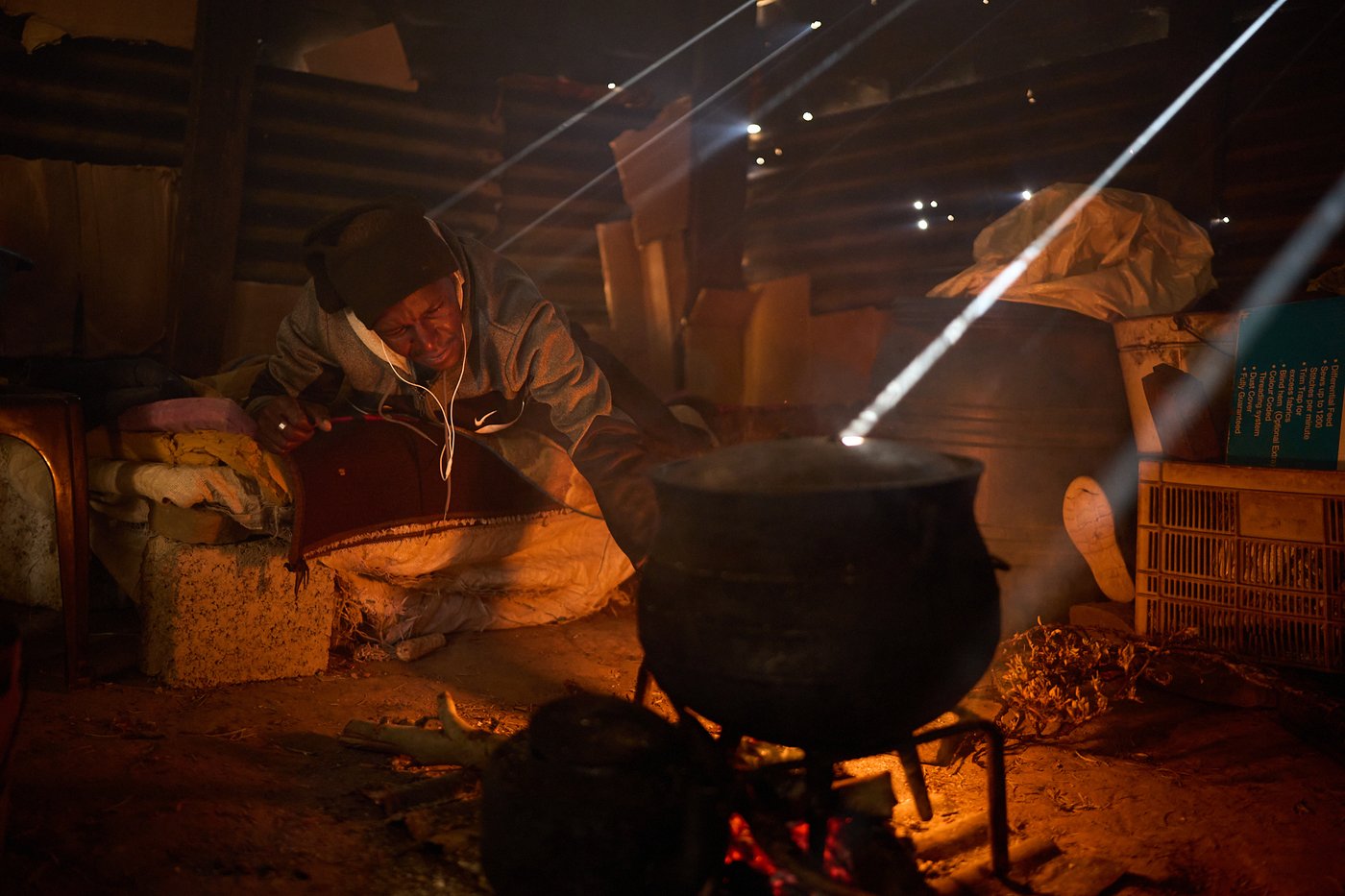
HA LEJONE, Lesotho (AP) — In the wake of massive U.S. cuts in foreign aid as well as tariffs imposed by President Donald Trump’s administration, the small southern African country of Lesotho faces deep uncertainty over its fight to end the HIV epidemic and its economy.
Lesotho long had the world’s second-highest HIV infection rate. Over years, with nearly $1 billion in U.S. aid, Lesotho patched together a health network efficient enough to slow the epidemic’s spread. But when Trump froze foreign assistance and dismantled USAID, chaos and confusion ensued in the country known as the “kingdom in the sky.”
Clinics shut down, workers were let go, and some patients stopped treatment. Much of Lesotho’s system to treat hundreds of thousands of HIV-positive patients and prevent new infections has been crumbling. Experts are sounding alarms, even as some U.S.-funded programs have been temporarily reinstated.
For many in the mountainous country and elsewhere, a positive HIV test 20 years ago was akin to a death sentence. If untreated, most people with HIV develop AIDS, acquired immunodeficiency syndrome. At the height of the epidemic in 2004, more than 2 million people died of AIDS-related illness worldwide — 19,000 in Lesotho, UNAIDS estimated.
Many Basotho — as people in Lesotho are known — say the chaos that reigned most of this year over aid cuts has caused irreparable harm, and they’re consumed with worry about what comes next. Most feel deep disappointment — even betrayal — over the loss of funds and support.
Such concerns span Lesotho society: from rural to urban, low to middle income, patients to officials.
Adding to the worry and uncertainty in the country was the announcement in April of Trump’s sweeping new tariffs on nearly all U.S. trading partners. Lesotho at first found itself topping the list with a rate of 50%. Officials and economic experts said they were baffled. Since then, Lesotho’s rates have been adjusted to 15%.
The damage had already rippled through Lesotho’s economy, where textile manufacturing comprises the largest private industry with more than 30,000 workers in 2024.
Before the threat of tariffs, business at clothing manufacturer Tzicc’s had been steady. Its 1,300 employees made and exported sportswear to American stores, including JCPenney, Walmart and Costco. But only a few months after Trump’s April announcement, orders dried up, leaving the factory floor empty and dark with most of its employees sent home.
____
This is a documentary photo story curated by AP photo editors.
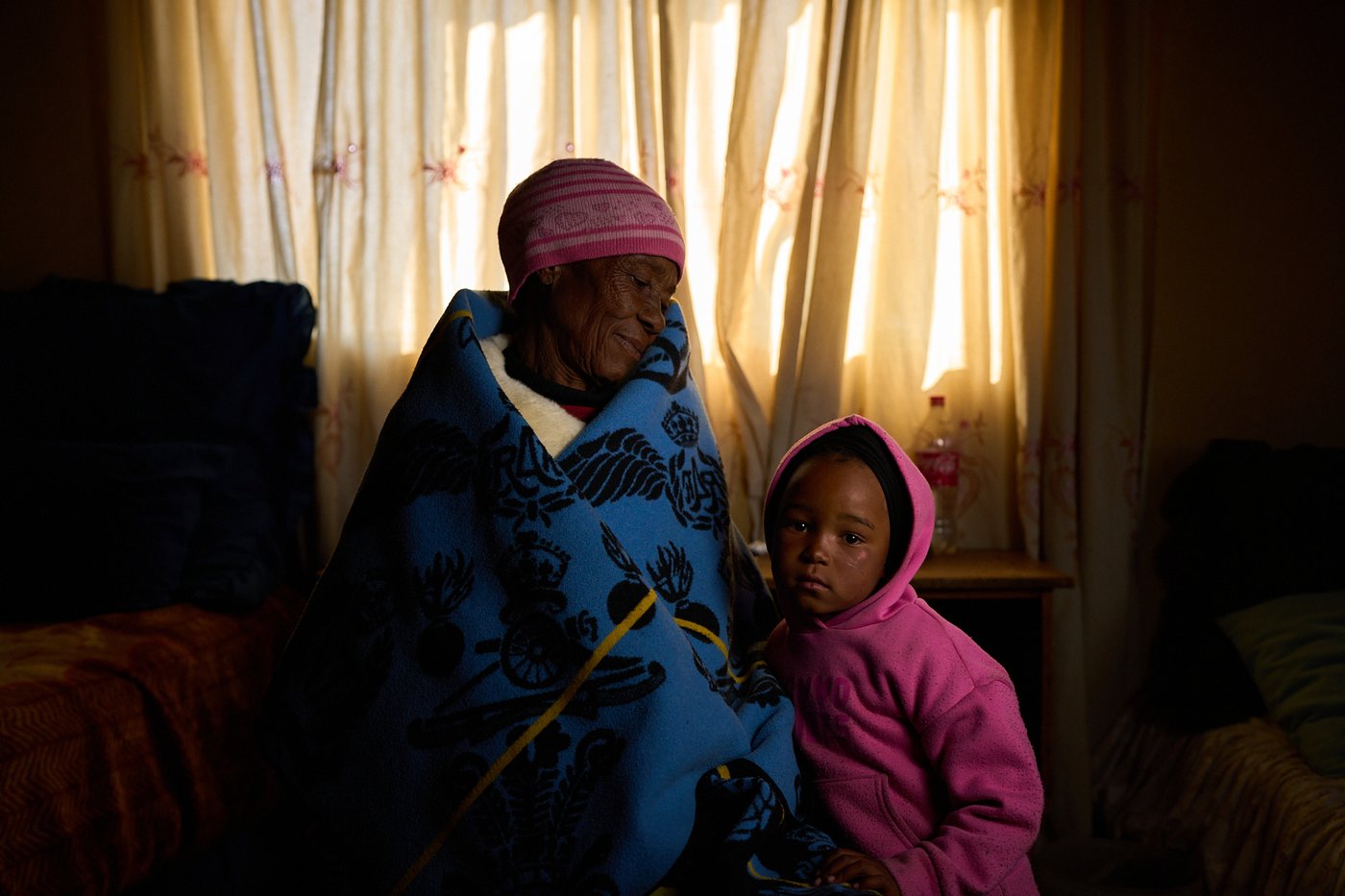
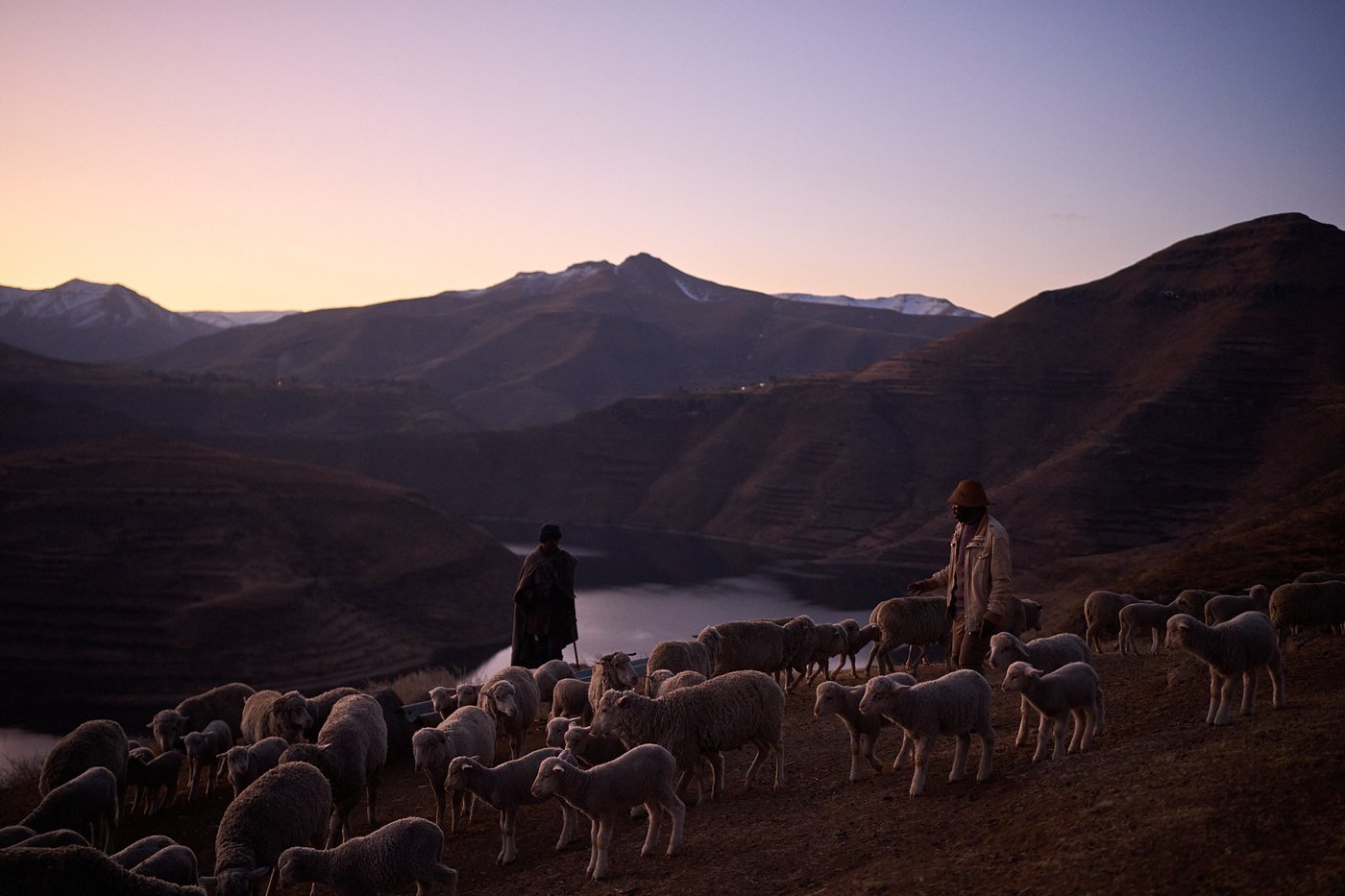
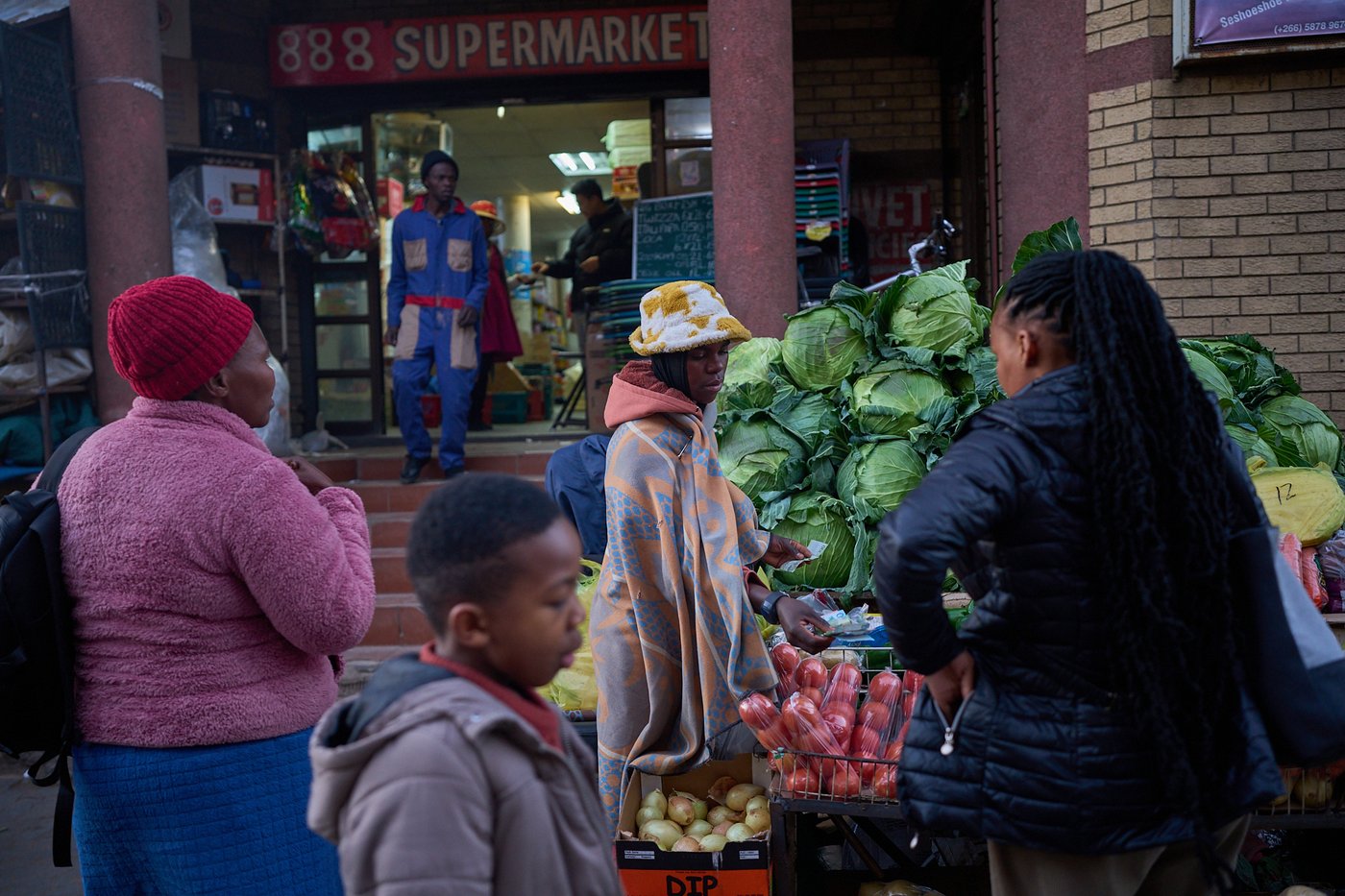
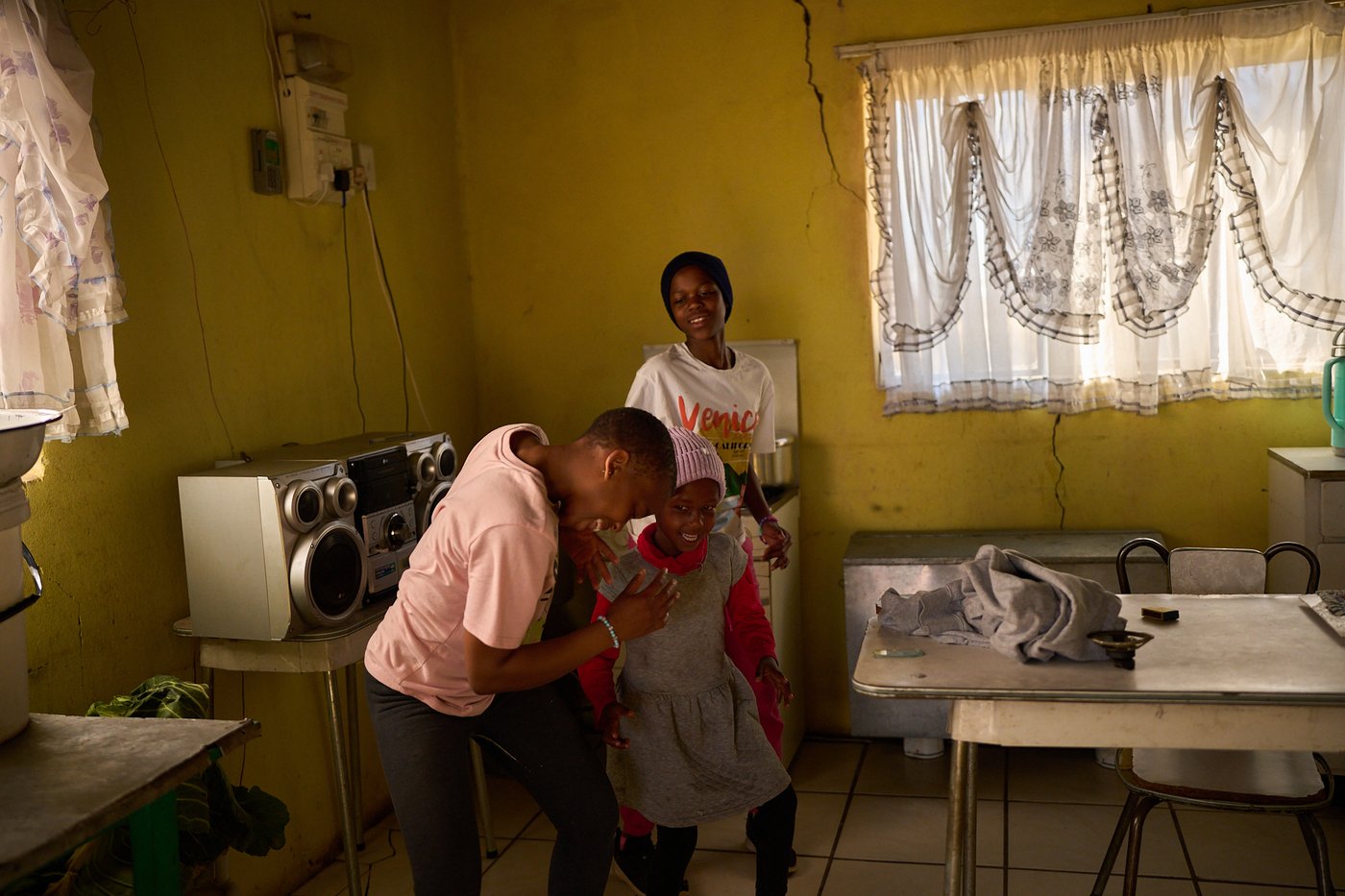
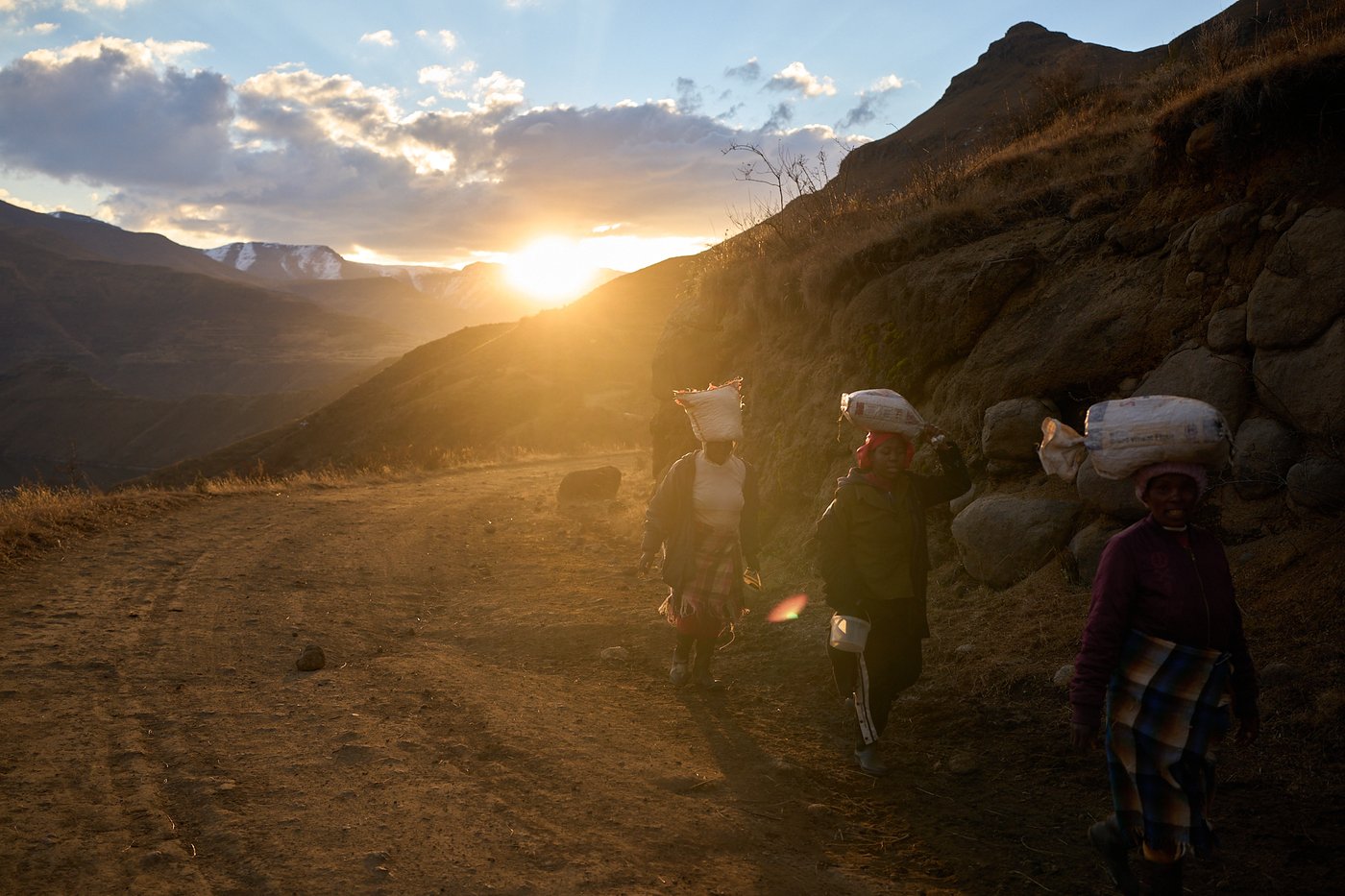
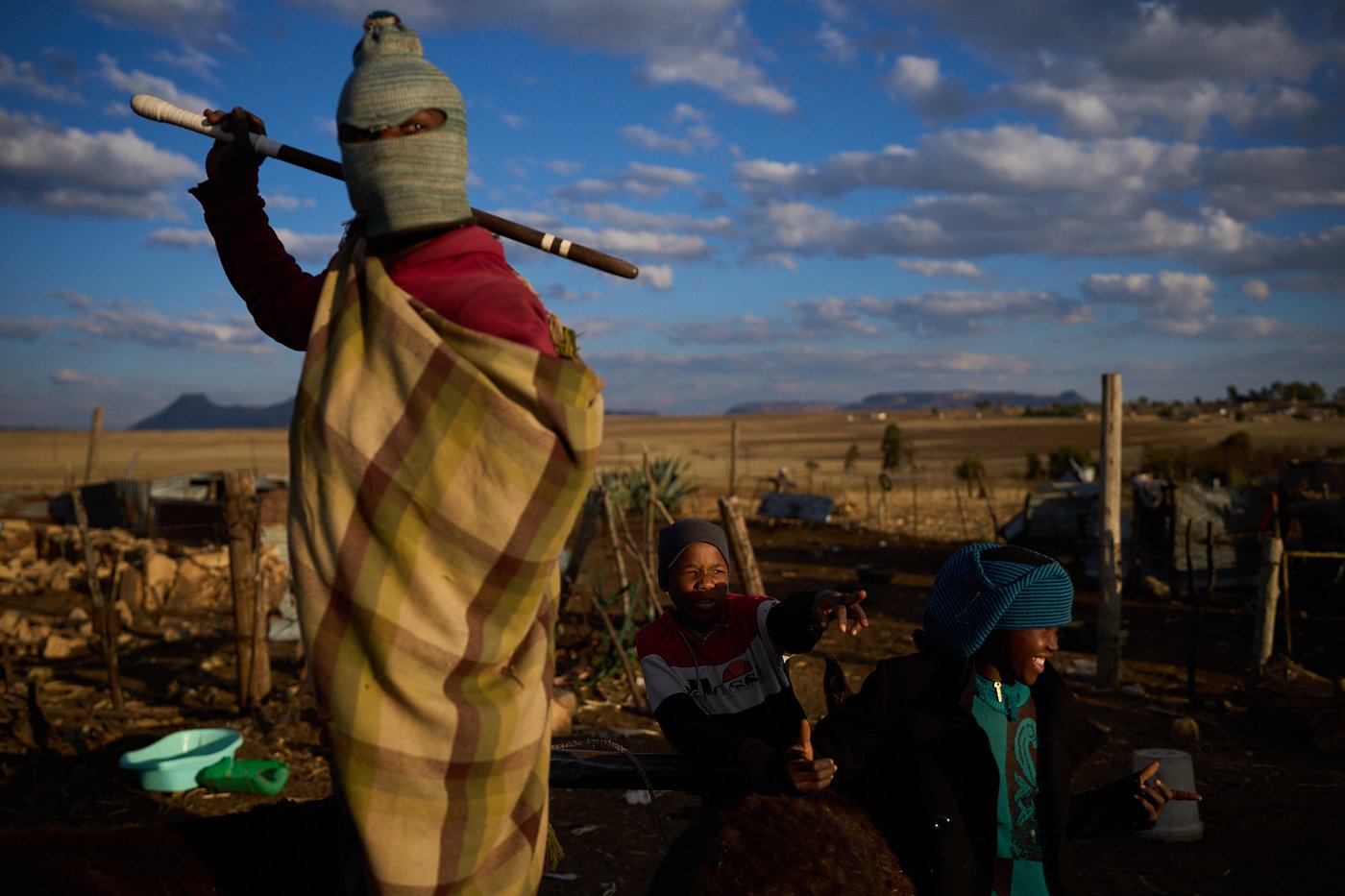
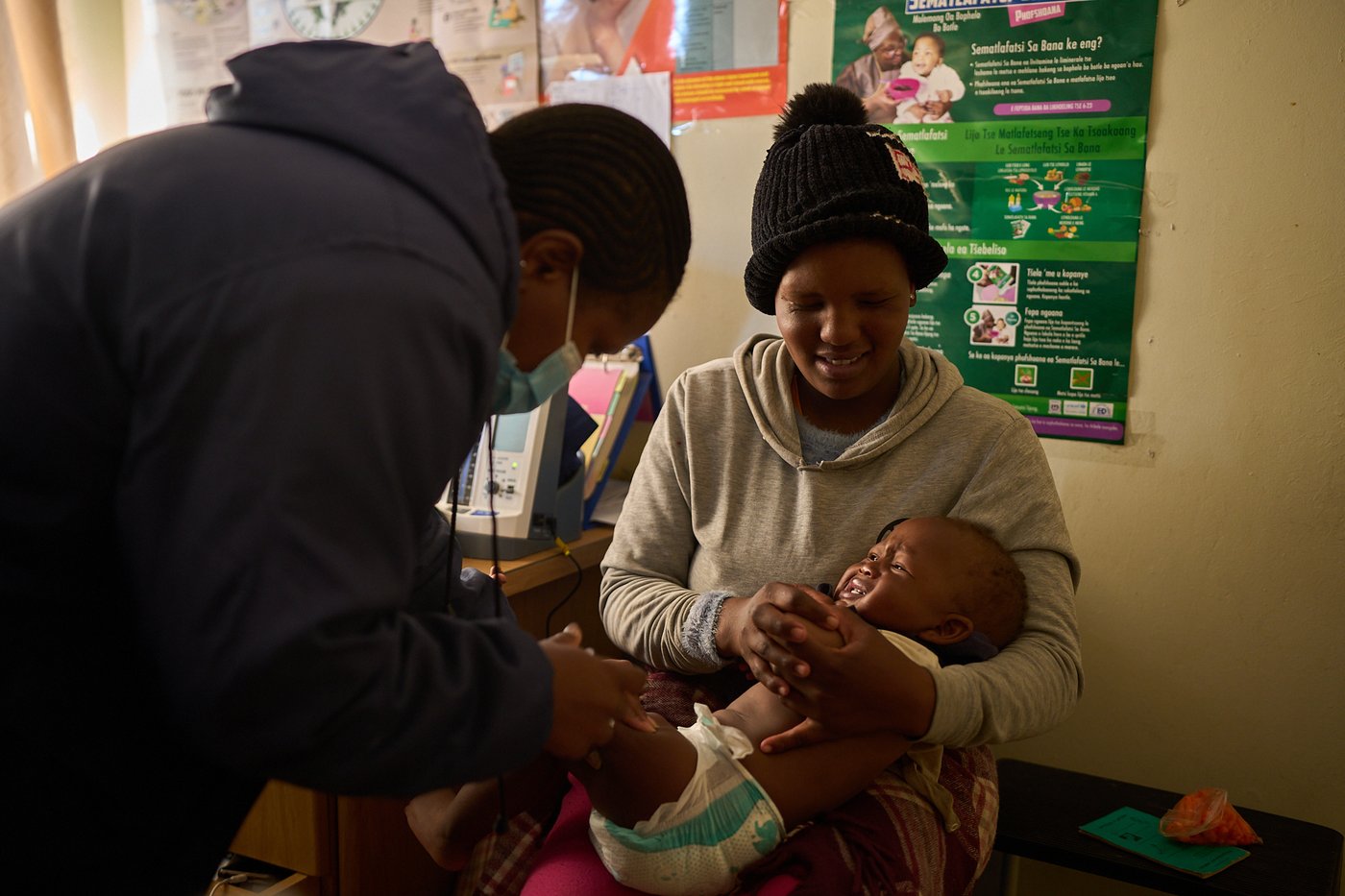
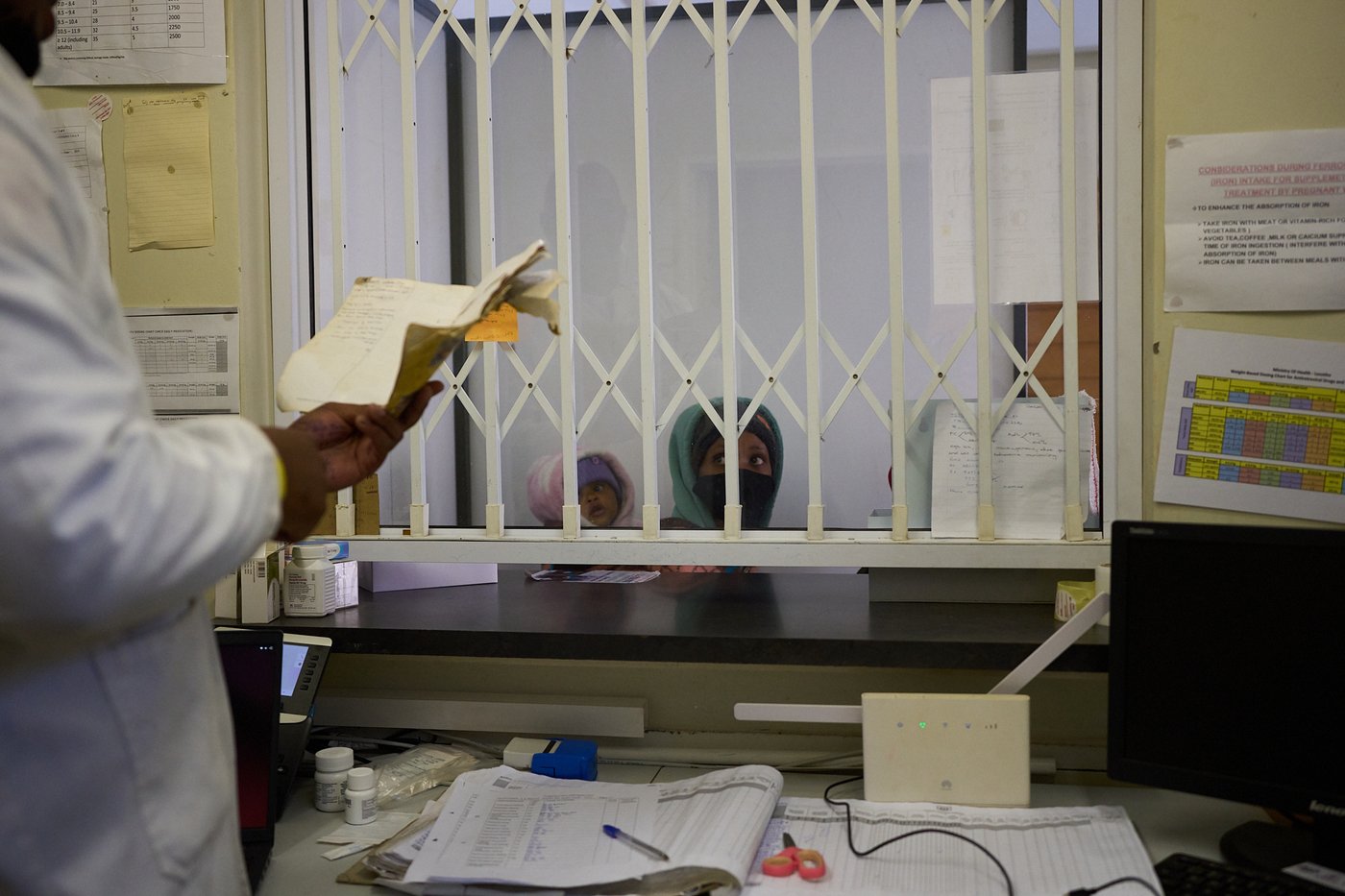
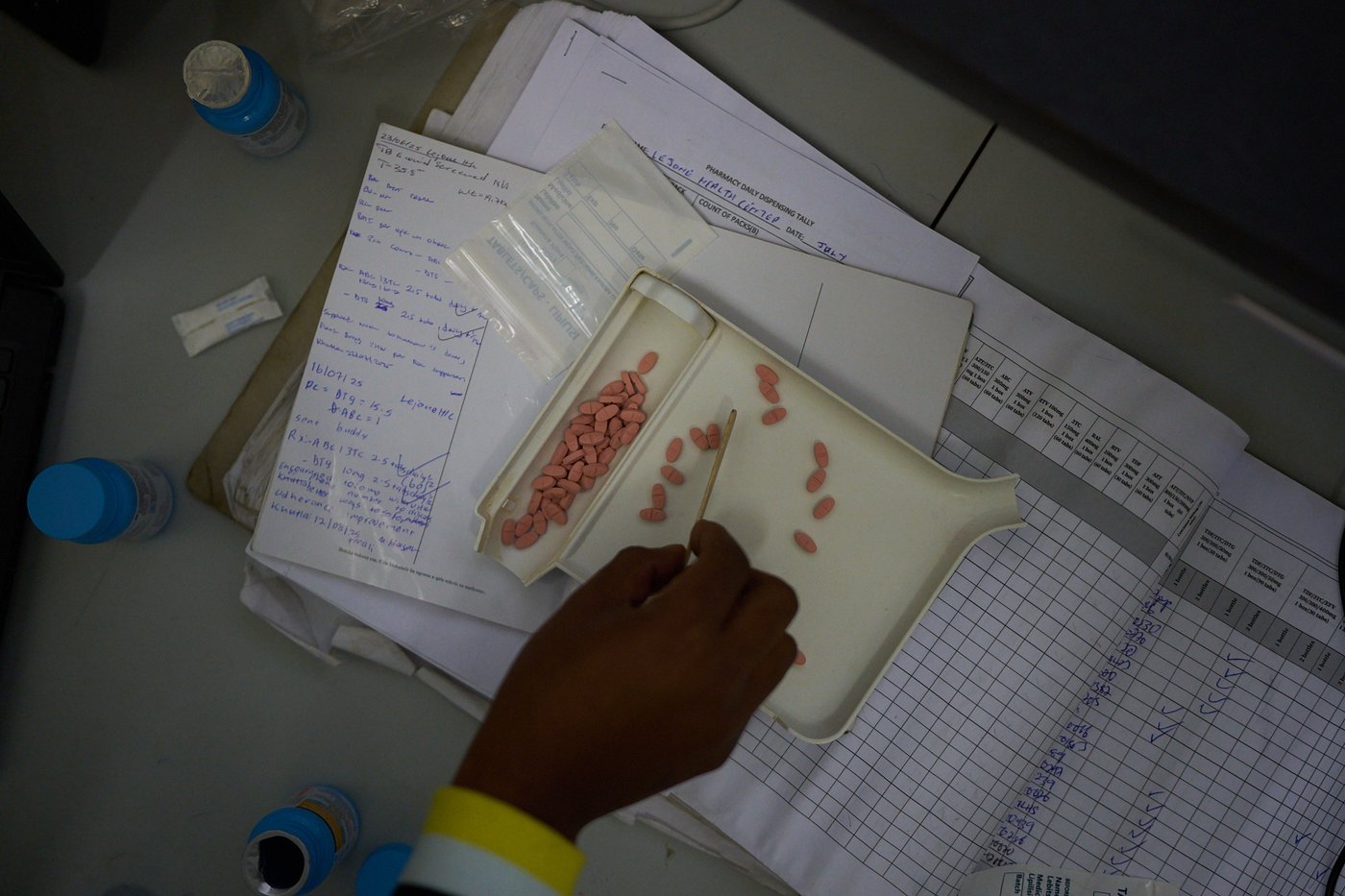
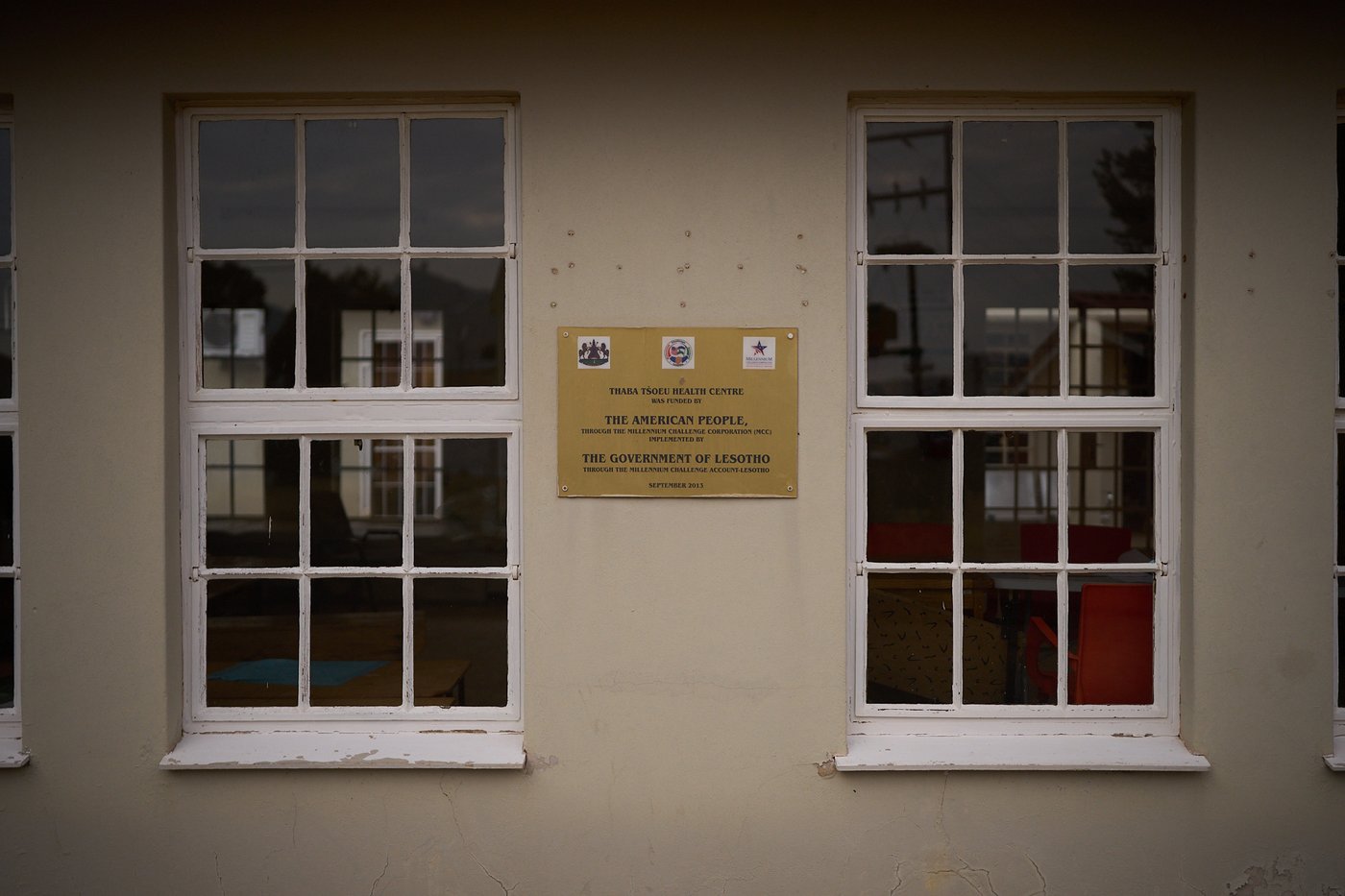
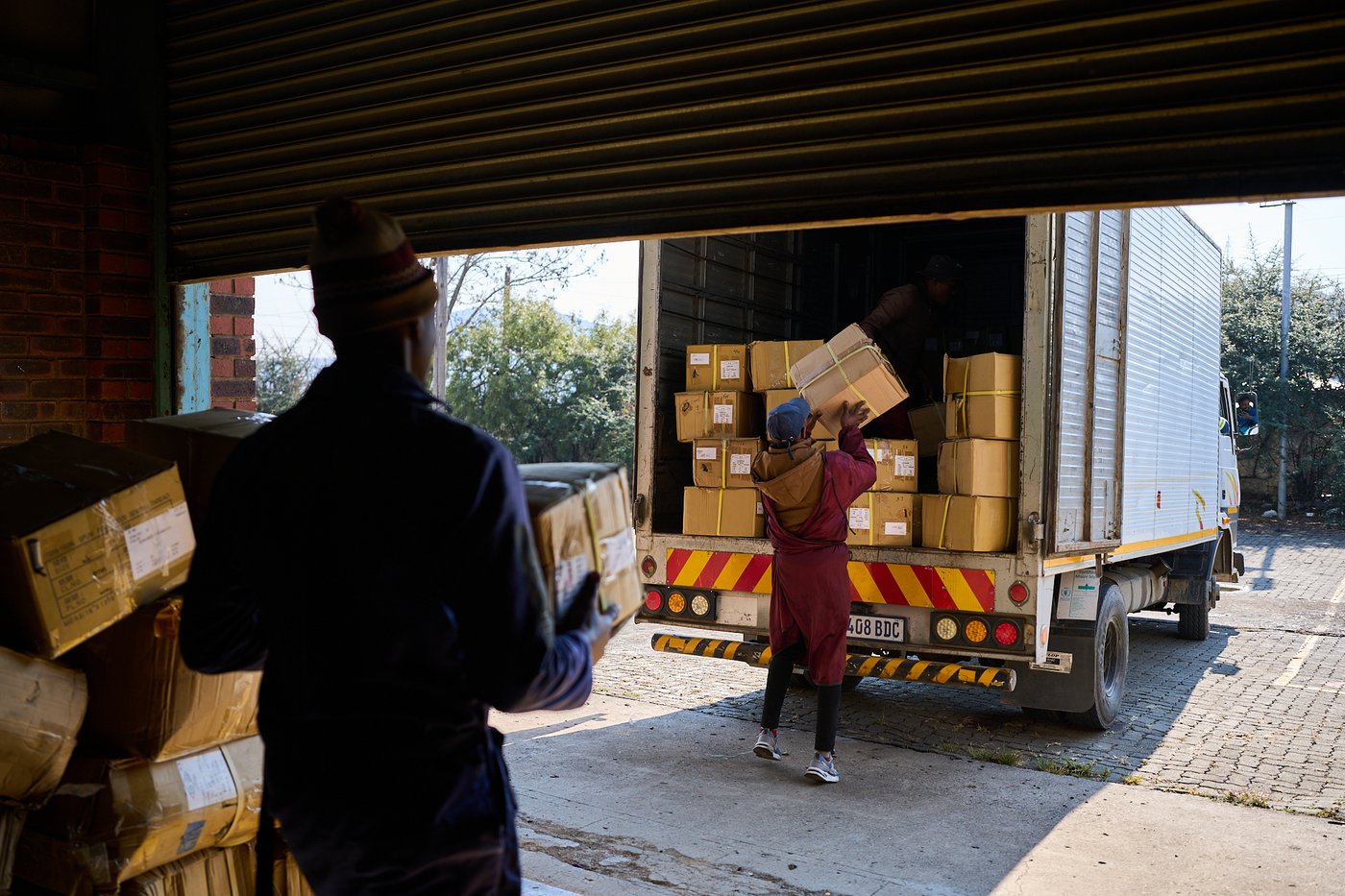
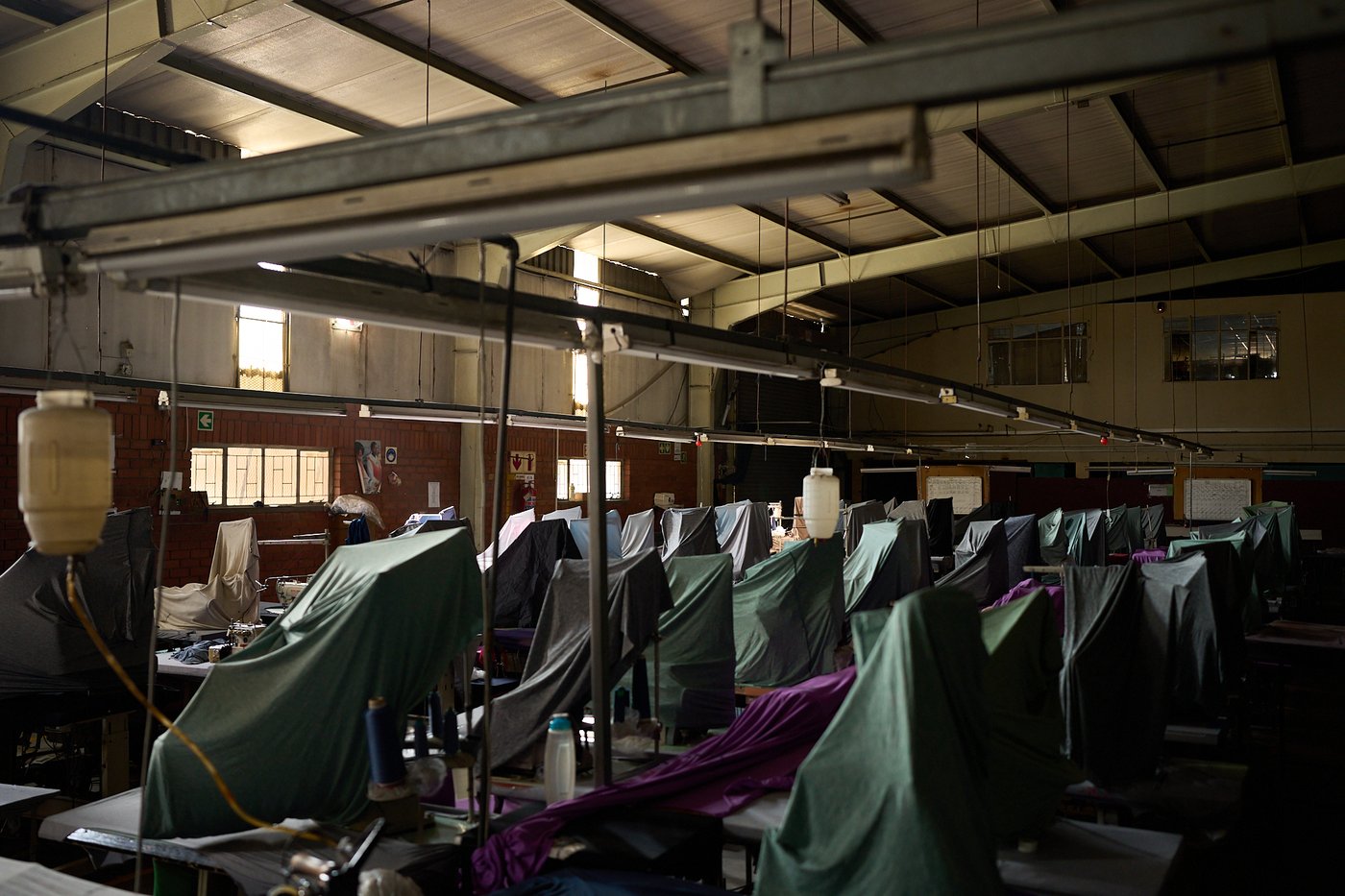
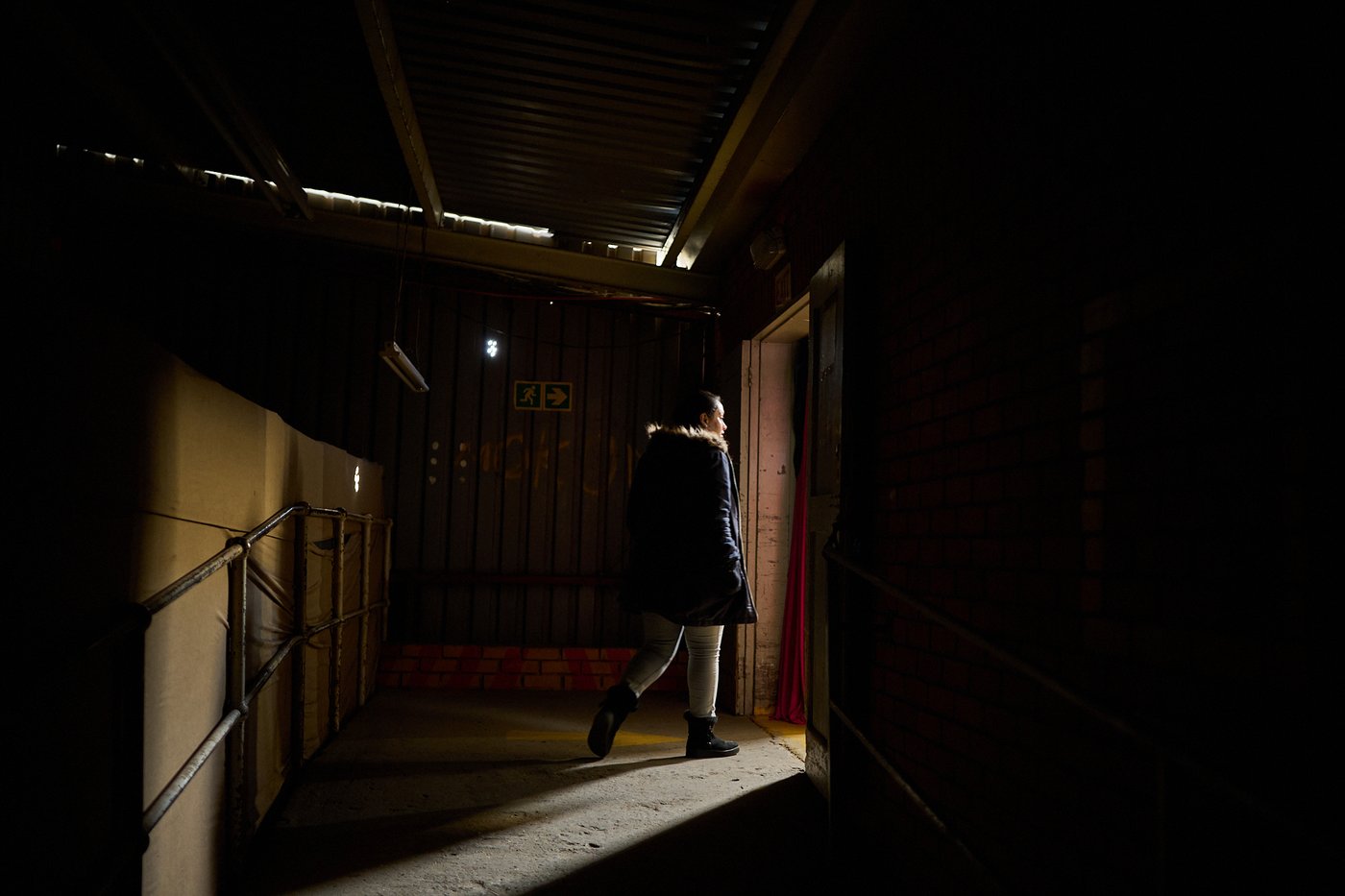
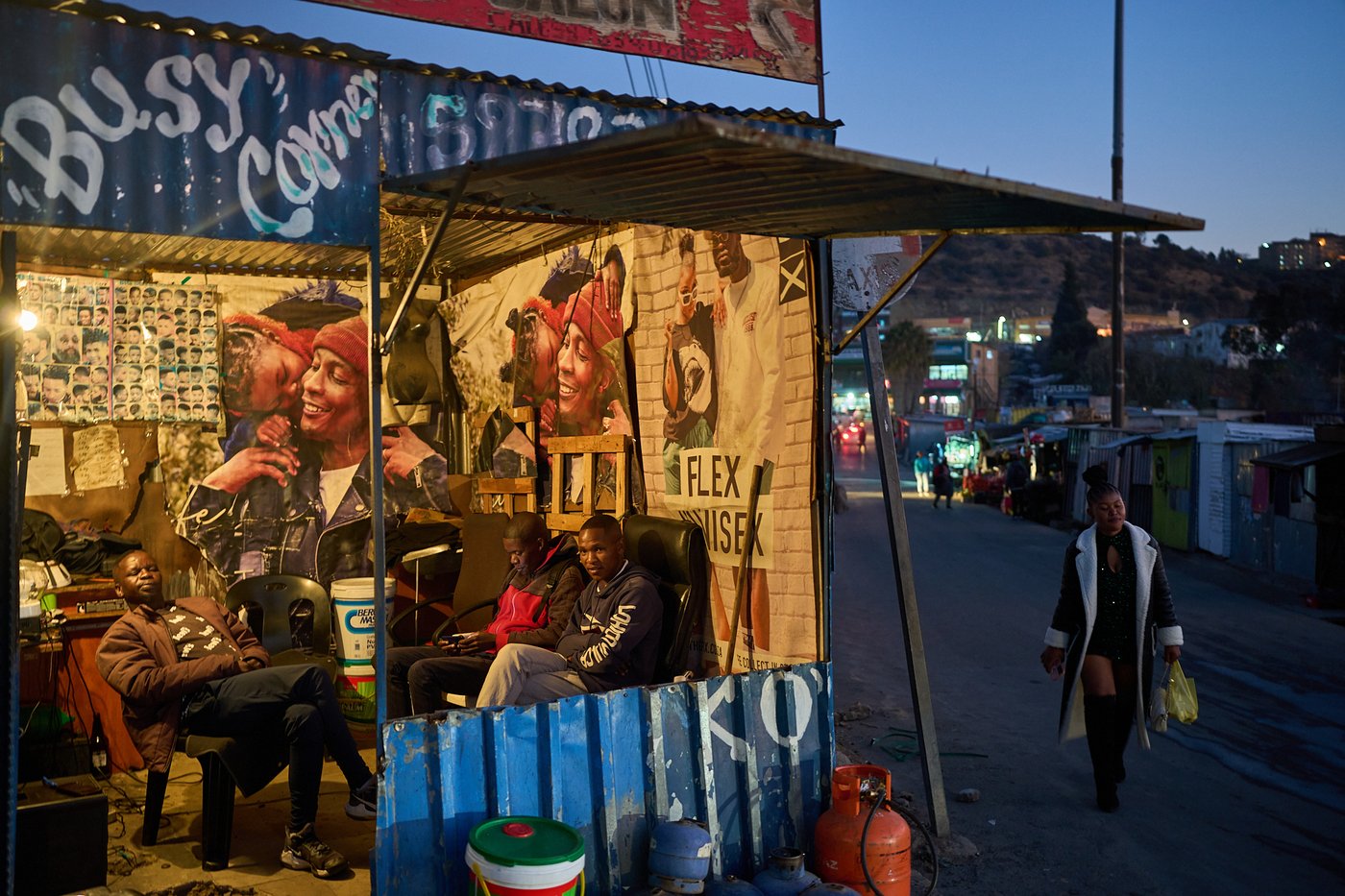
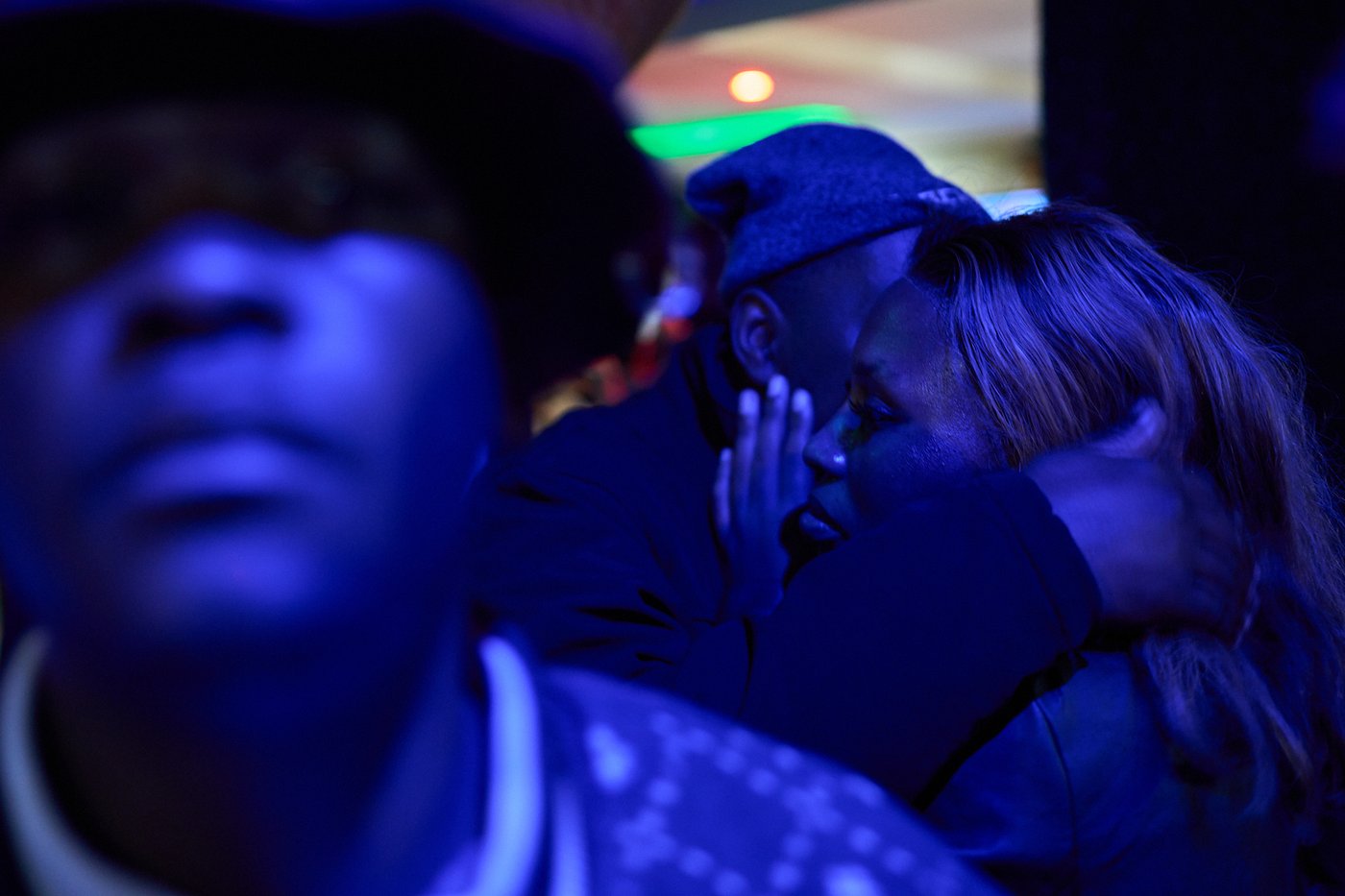
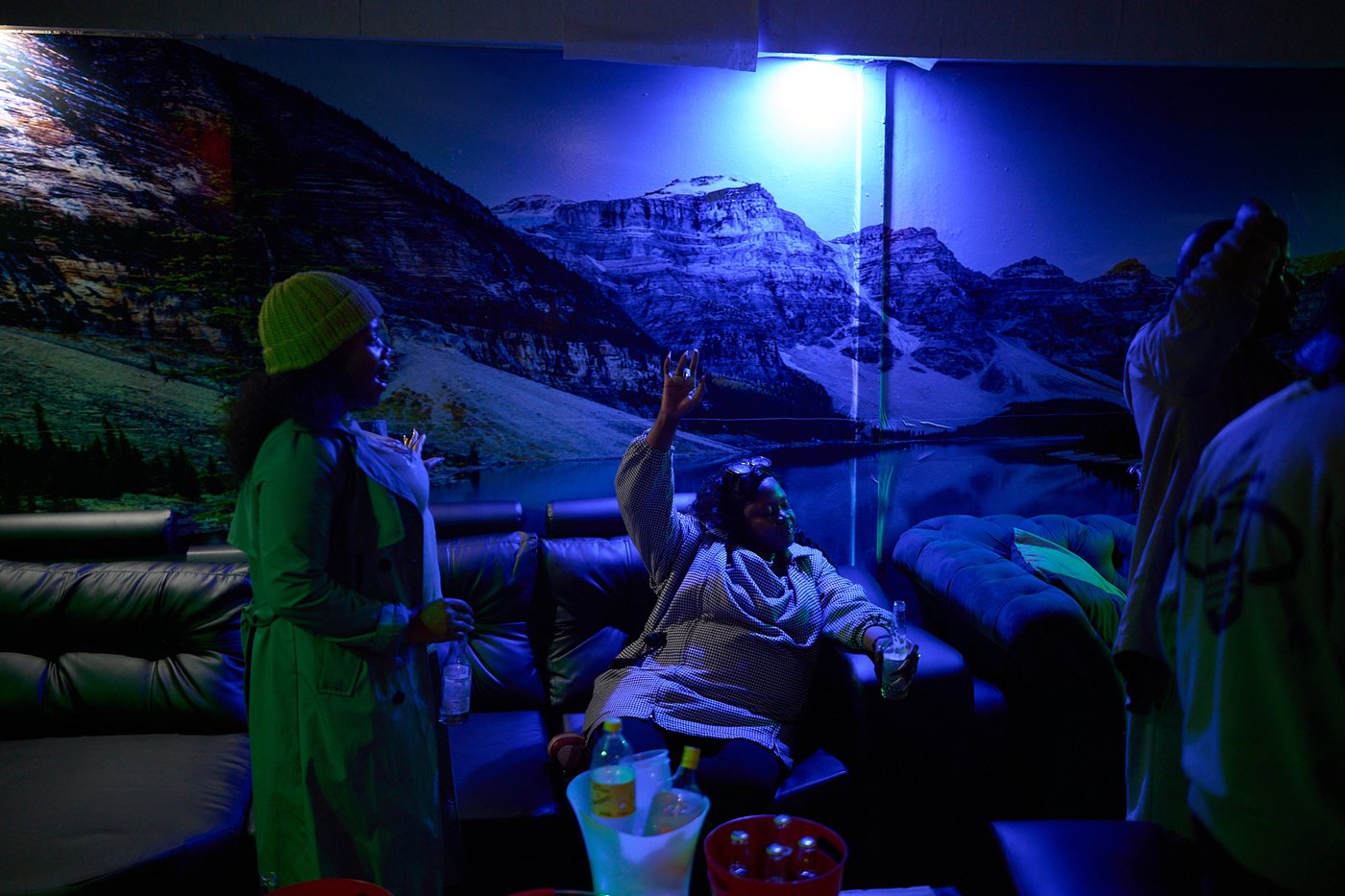
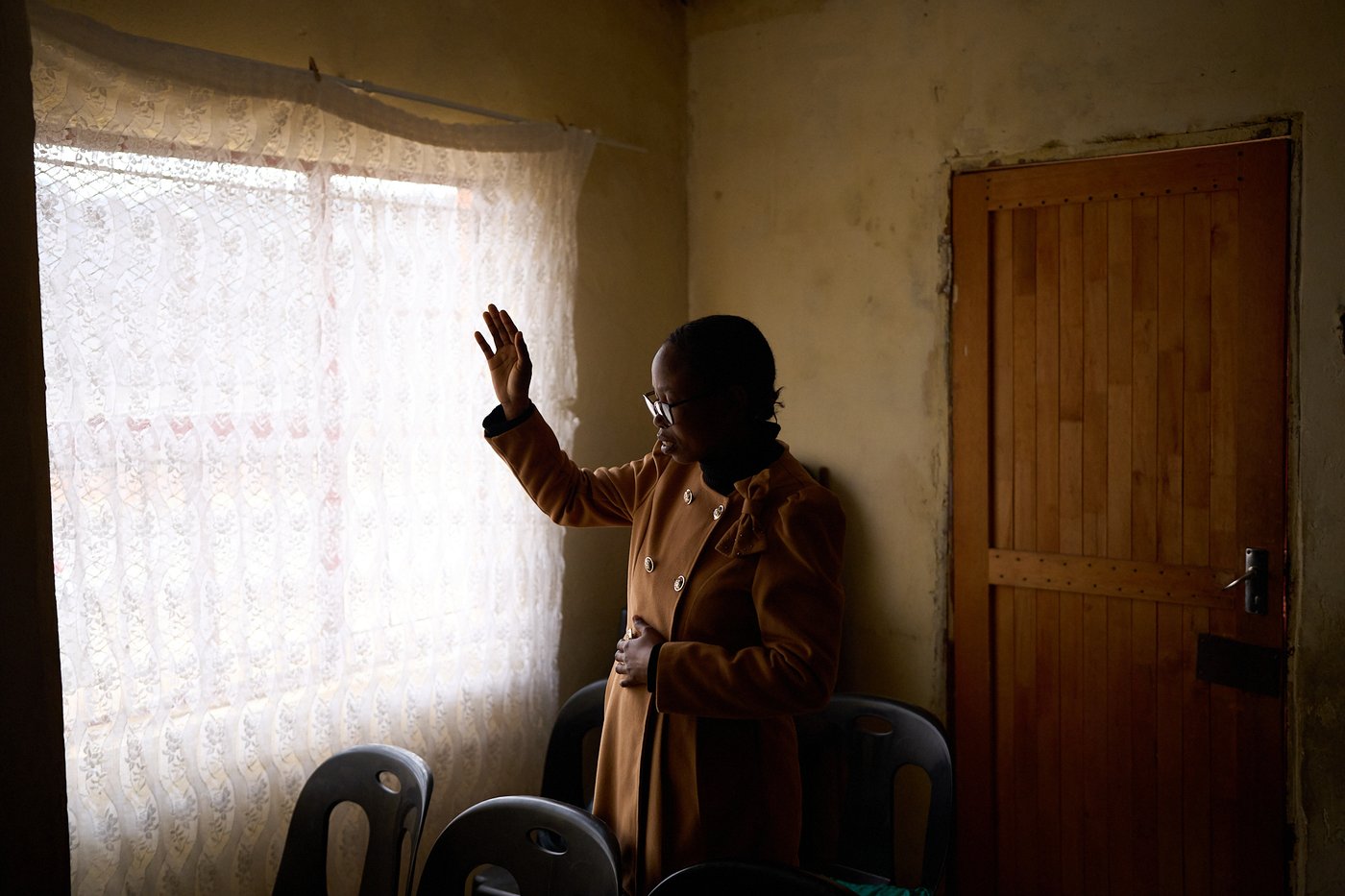
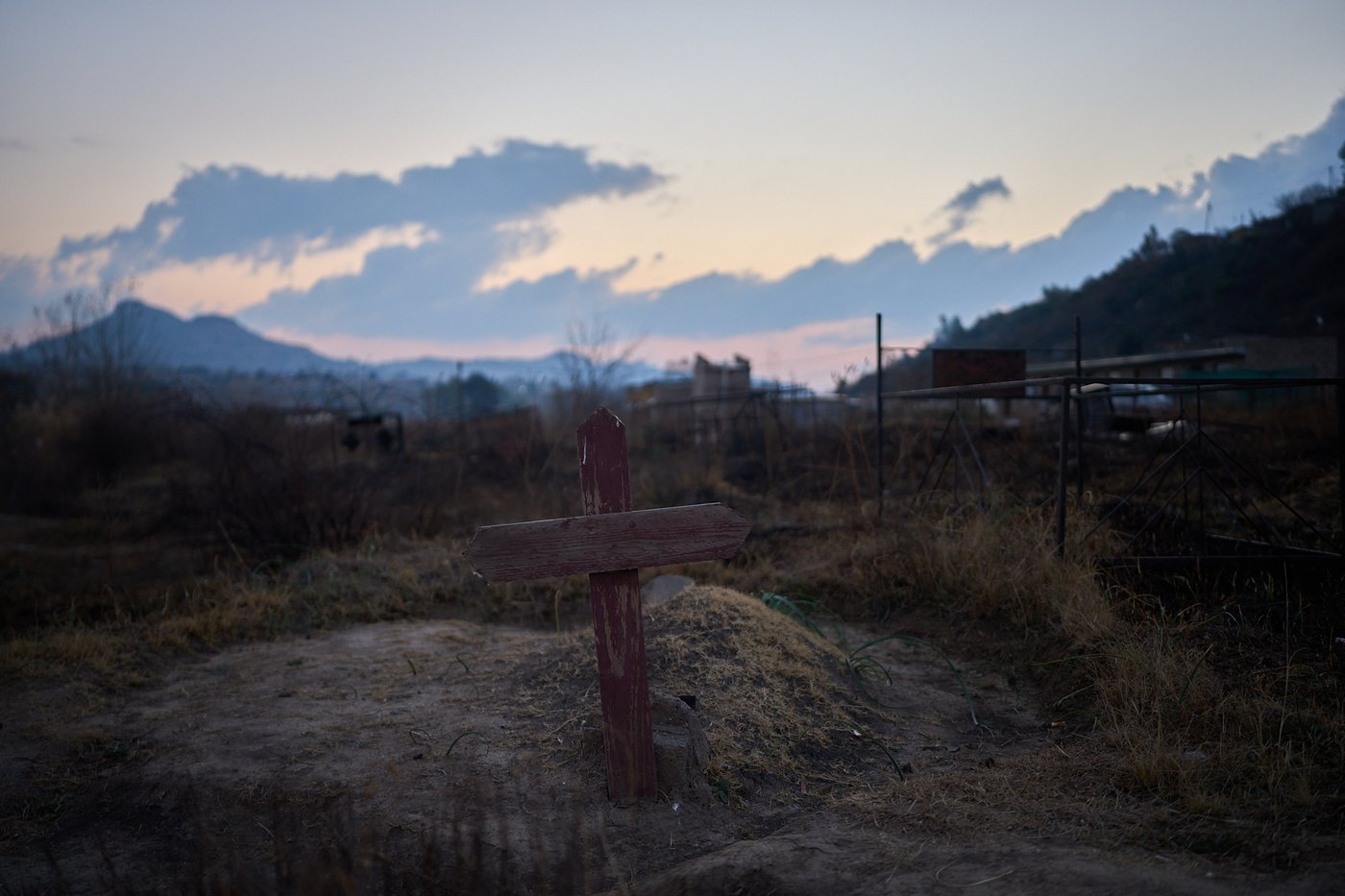
This site is protected by reCAPTCHA and the Google Privacy Policy and Terms of Service apply.
Want to share your thoughts, add context, or connect with others in your community?
You must be logged in to post a comment.